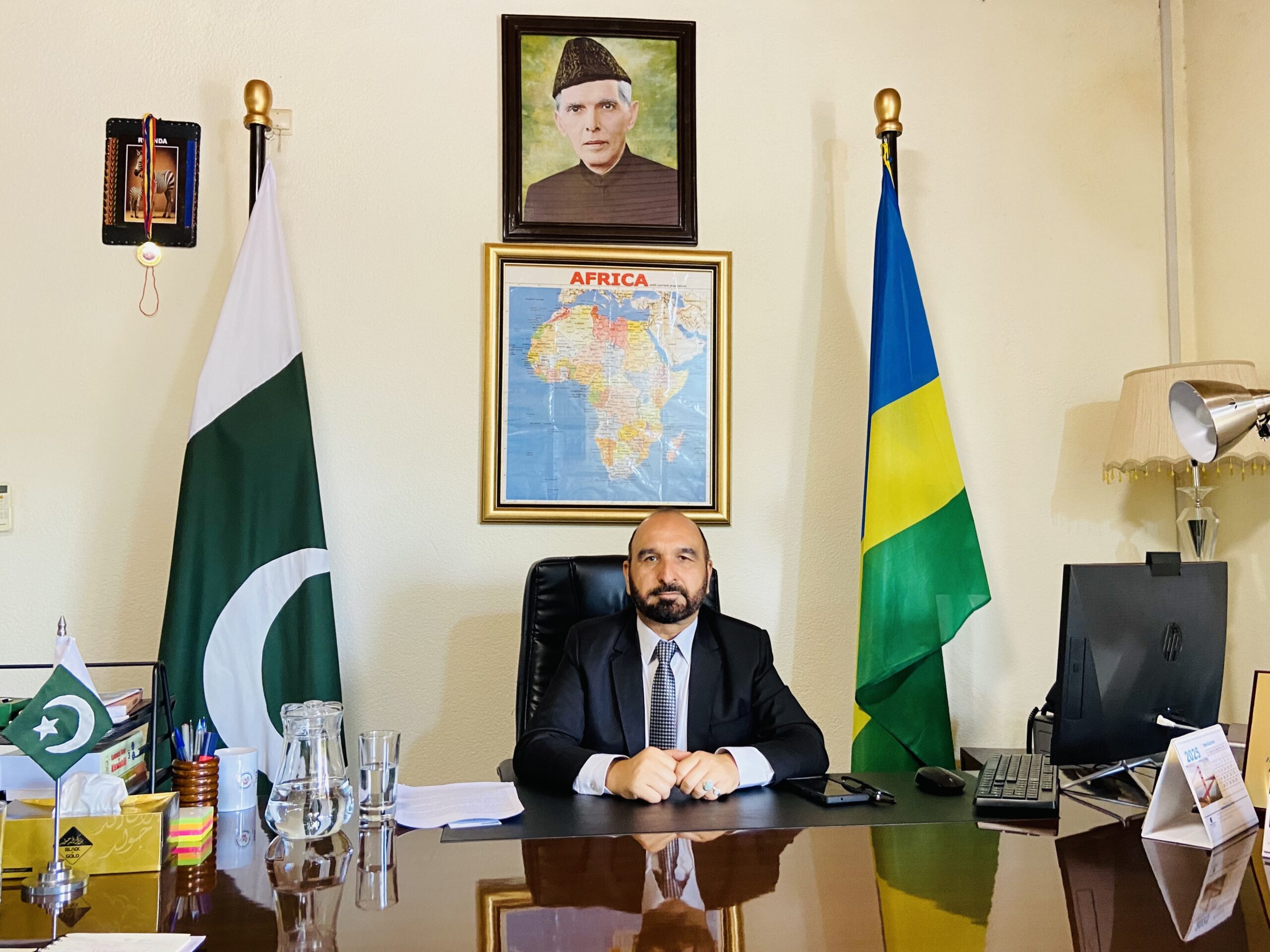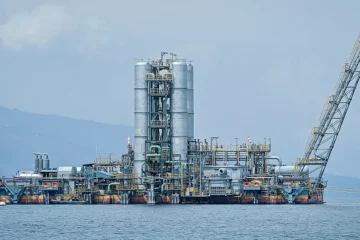Ambassador Naeem Khan, Pakistan’s High Commissioner to Rwanda and Ambassador to Angola and Burundi, has called upon the international community to facilitate peace talks between Pakistan and India. In an exclusive interview with PAX PRESS, Ambassador Khan condemned recent attacks on civilian establishments in Pakistan, resulting in numerous casualties, and emphasized Pakistan’s readiness for dialogue to resolve all pending issues, including the disputed Kashmir region.
Pakistan in Brief
The Islamic Republic of Pakistan, located in South Asia, is the fifth-most populous country globally, with an estimated population of over 241.5 million as of 2023. It ranks as the 33rd-largest country by area and shares borders with India, Afghanistan, Iran, and China. Islamabad serves as the nation’s capital, while Karachi is its largest city and financial center. Karachi, with a population exceeding 18 million, is a major economic hub, handling 95% of Pakistan’s foreign trade. WikipediaWorld Statistics
The Kashmir Conflict: A Historical Overview
The Kashmir conflict is a long-standing territorial dispute between India and Pakistan, originating from the 1947 Partition of British India. The princely state of Jammu and Kashmir, with a Muslim-majority population, acceded to India under controversial circumstances, leading to the first Indo-Pakistani war. Subsequent conflicts in 1965 and 1971, along with an insurgency that began in 1989, have left the region heavily militarized and deeply divided. Both nations claim Kashmir in its entirety, and despite various international efforts, the dispute remains unresolved. TimeAP News
Recent Escalations and Diplomatic Responses
Tensions between India and Pakistan escalated following a terrorist attack in Pahalgam, Indian-administered Kashmir, on April 22, 2025, which resulted in 26 deaths. India accused Pakistan of supporting terrorism, a claim Islamabad has denied. In retaliation, India suspended the Indus Waters Treaty, a 1960 agreement governing water distribution from the Indus River system, and imposed other punitive measures.
Ambassador Khan criticized India’s unilateral suspension of the treaty, labeling it a violation of international law and a threat to regional stability. He emphasized that water should not be weaponized, as it endangers the lives of millions, particularly in Pakistan’s Punjab province, which heavily relies on the Indus River for agriculture and drinking water.
Calls for Dialogue and International Mediation
Ambassador Khan reiterated Pakistan’s commitment to combating terrorism and expressed hope that both nations would prioritize dialogue over conflict. He urged both countries to focus on resolving internal issues and fostering scientific and economic development, rather than engaging in hostilities.
Prime Minister Shehbaz Sharif has also expressed Pakistan’s willingness to engage in peace talks with India. However, India has stated that substantive dialogue will only resume once Pakistan takes definitive action against terrorism.
Ambassador Khan concluded by emphasizing the importance of international cooperation in facilitating peace and preventing further escalation in the region.
By Albert Baudouin Twizeyimana, Peace Journalism Trainer/PAX PRESS








